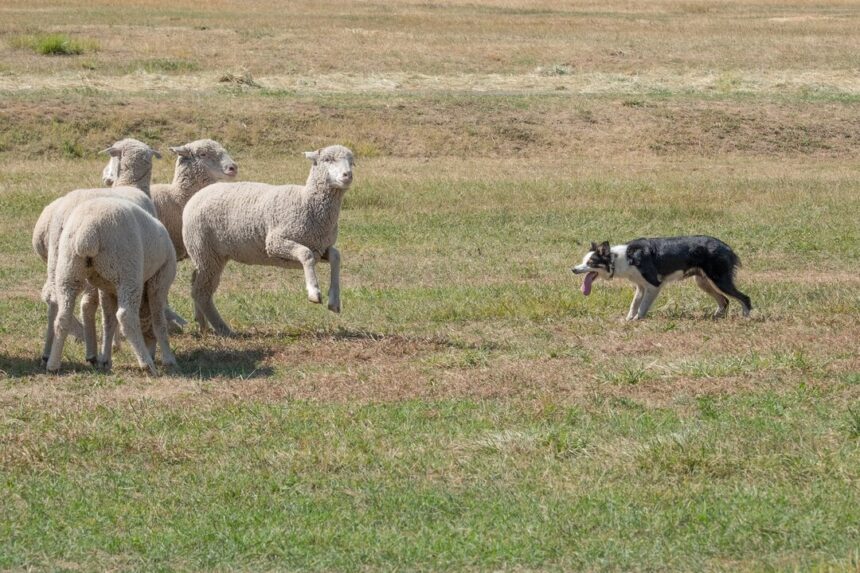Corriedale sheep, renowned for their dual-purpose characteristics and adaptability to various climates, are a popular choice among sheep farmers in South Africa. Whether you’re a seasoned breeder or considering starting a flock, understanding the unique traits and requirements of Corriedale sheep is essential for successful breeding and farming operations. Here are ten key things you should know about breeding and farming Corriedale sheep in South Africa:
- Origin and Background: Corriedale sheep originated in New Zealand in the late 19th century through the crossbreeding of Merino and Lincoln sheep. The breed was developed to combine the fine wool of Merinos with the meat production qualities of Lincolns, resulting in a versatile dual-purpose sheep breed.
- Adaptability to South African Conditions: Corriedale sheep are well-suited to the diverse climates and environmental conditions of South Africa. They thrive in both arid and temperate regions, with excellent heat tolerance and resistance to common sheep diseases.
- Dual-Purpose Characteristics: Corriedale sheep are valued for their dual-purpose characteristics, producing high-quality wool and flavorful meat. Their wool is soft, uniform, and suitable for a range of textile applications, while their meat is lean, tender, and well-marbled.
- Wool Quality and Yield: Corriedale wool is renowned for its excellent crimp, softness, and staple length, making it highly desirable for spinning, weaving, and knitting. The breed produces a medium to fine wool with a high yield, making it economically valuable for wool production.
- Reproductive Efficiency: Corriedale sheep are known for their excellent reproductive efficiency, with ewes typically exhibiting strong maternal instincts and high fertility rates. This reproductive vigor contributes to the breed’s productivity and profitability in breeding programs.
- Growth Rate and Meat Quality: Corriedale lambs exhibit rapid growth rates and reach market weight relatively quickly, making them ideal for meat production. The breed’s meat is lean, flavorful, and well-suited to various culinary preparations, appealing to discerning consumers.
- Grazing and Foraging Abilities: Corriedale sheep are efficient grazers and foragers, capable of thriving on a diet of pasture and forage. Their ability to convert grass and browse into high-quality wool and meat makes them well-suited to extensive grazing systems commonly used in South Africa.
- Health and Disease Resistance: Corriedale sheep are generally hardy and robust, with good resistance to common sheep ailments such as foot rot and internal parasites. Proper health management practices, including vaccinations, parasite control, and regular health monitoring, are essential for maintaining flock health and productivity.
- Breeding Objectives: When breeding Corriedale sheep, farmers aim to improve traits such as wool quality, growth rate, meat yield, and reproductive efficiency. Selective breeding programs focus on identifying and selecting superior breeding stock that exhibits desirable traits for future generations.
- Market Demand and Economic Viability: Corriedale sheep are in demand for both wool and meat production, offering farmers multiple income streams and economic opportunities. The breed’s versatility, adaptability, and dual-purpose characteristics make it a valuable asset to the South African sheep industry.
Breeding and farming Corriedale sheep in South Africa offer numerous advantages, including adaptability, dual-purpose characteristics, and market demand for wool and meat. By understanding the unique traits and requirements of the breed, farmers can maximize the productivity and profitability of their flocks. With proper care, management, and breeding strategies, Corriedale sheep continue to be a valuable and sustainable resource for the South African agricultural sector.
Join 'Farmers Mag' WhatsApp Channel
Get the latest Farming news and tips delivered straight to your WhatsApp
CLICK HERE TO JOIN






